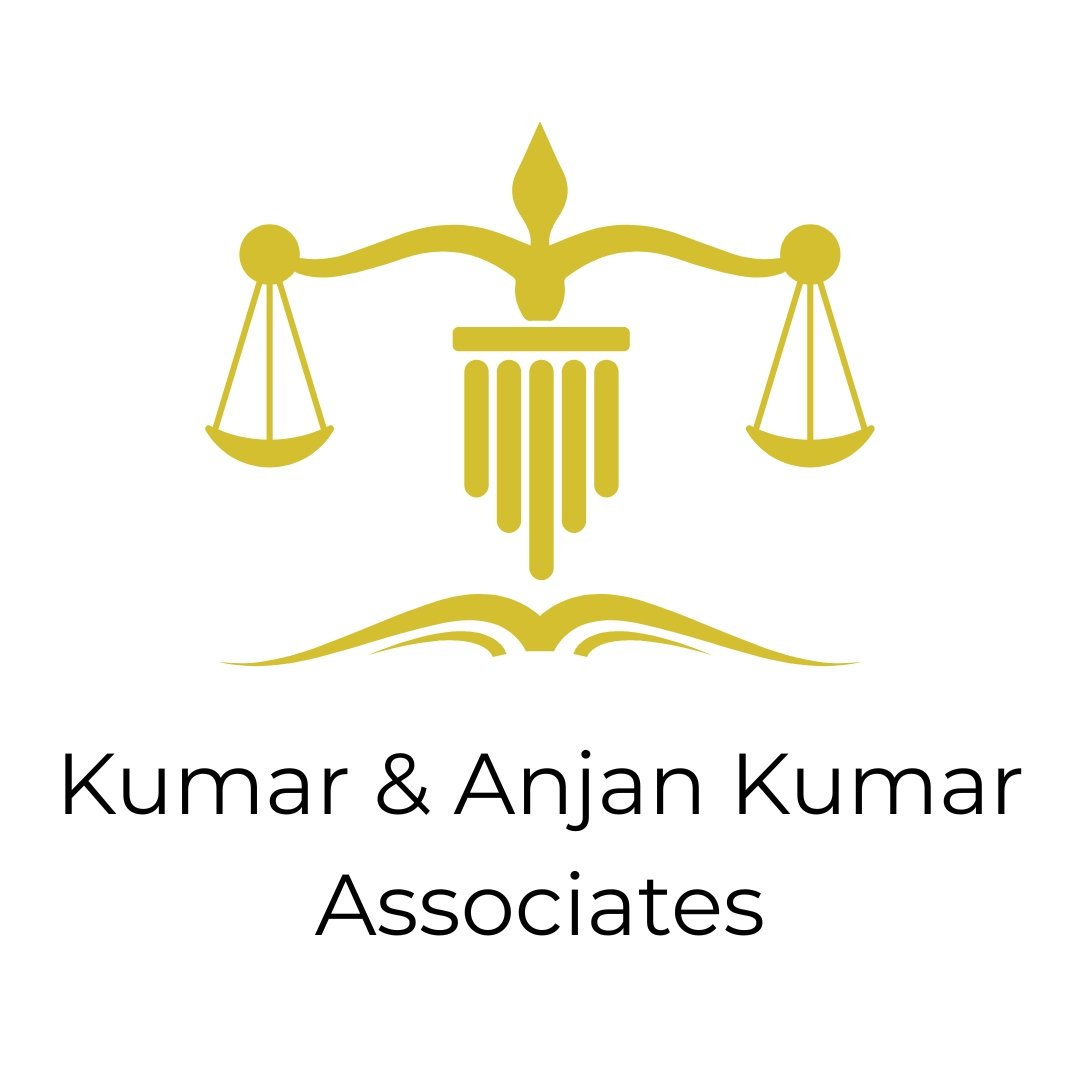
cyberbullying law in Bangalore
The internet connects us, yet it also creates new avenues for harassment. Bangalore, India’s digital hub, is unfortunately no stranger to this dark side. Recent NCRB data shows a concerning 47% spike in cyberbullying cases in Bangalore in 2024, with 68% of victims aged 13-25. This highlights the urgent need to understand cyberbullying law in

